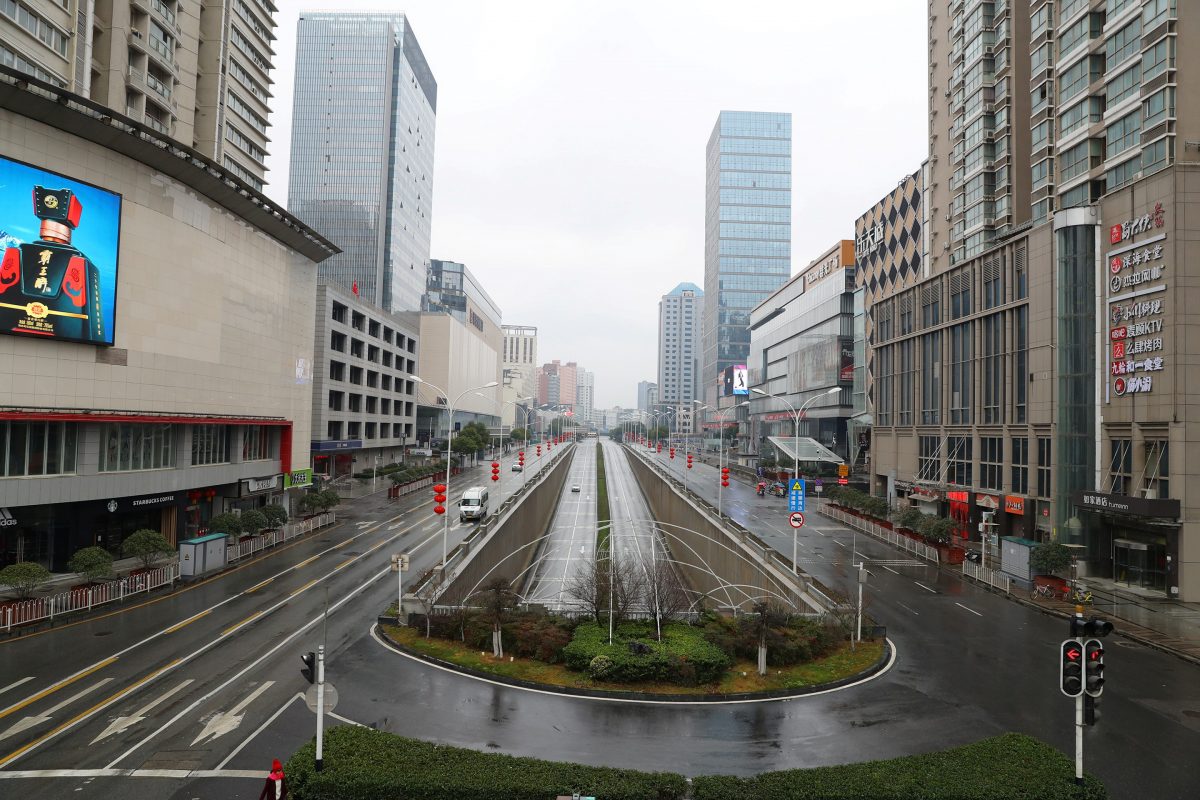Since the new coronavirus and COVID-19, the illness it causes, are spreading among countries, there are certain measures that could be taken – self-quarantine.
Many events are cancelled, in order to help stop or slow down the spread of disease, therefore, allowing the health care system to care for patients over time.
What can we do? Self-quarantine
Due to this pandemic, it is good to keep distance from one another.
Examples of social distancing are: working from home, closing schools, online classes, contact with loved ones via electronic devices, cancelling or postponing conferences and large meetings
Self-quarantine is for people who have been exposed to the new coronavirus and who are at risk for coming down with COVID-19. It lasts for 14 days.
It is enough time for them to know if they have been infected and become contagious for other people.
Furthermore, people who have recently returned from countries where COVID-19 is spreading rapidly, or were exposed to an infected person are asked to practice self-quarantine.
It involves: using standard hygiene and frequent handwashing, not sharing towels and utensils, staying home, not having visitors, staying at least 6 feet away from other people
When this period is over, if you don’t have any symptoms, you can return to your normal routine.
For people who have been infected with the coronavirus, isolation is appropriate. Namely, it means keeping people infected with a contagious illness away from those who are not. Isolation can take place at home, a hospital or care facility.
Measures in hospitals against coronavirus
Since coronavirus spreads quickly, it is advisable to use protective practices to slow the rate of COVID-19 so hospitals have room, supplies and doctors for all of the patients who need care.
A large number of people could become very sick over the course of a few days, therefore overwhelming a hospital or care facility.
On the other hand, if that same large number of patients arrived at the hospital at a slower rate, then everyone would get proper treatment.
Special protective equipment will be used.
It’s important to know what to do if you feel sick.
Along with handwashing, protecting others form coughs and sneezes, practices such as social distancing, self-quarantine and isolation can slow the rate of infection in an area.
All in all, the pandemic can seem overwhelming, but in truth, every person can help slow down the spread of COVID-19. Big differences can be made if you do your part.
